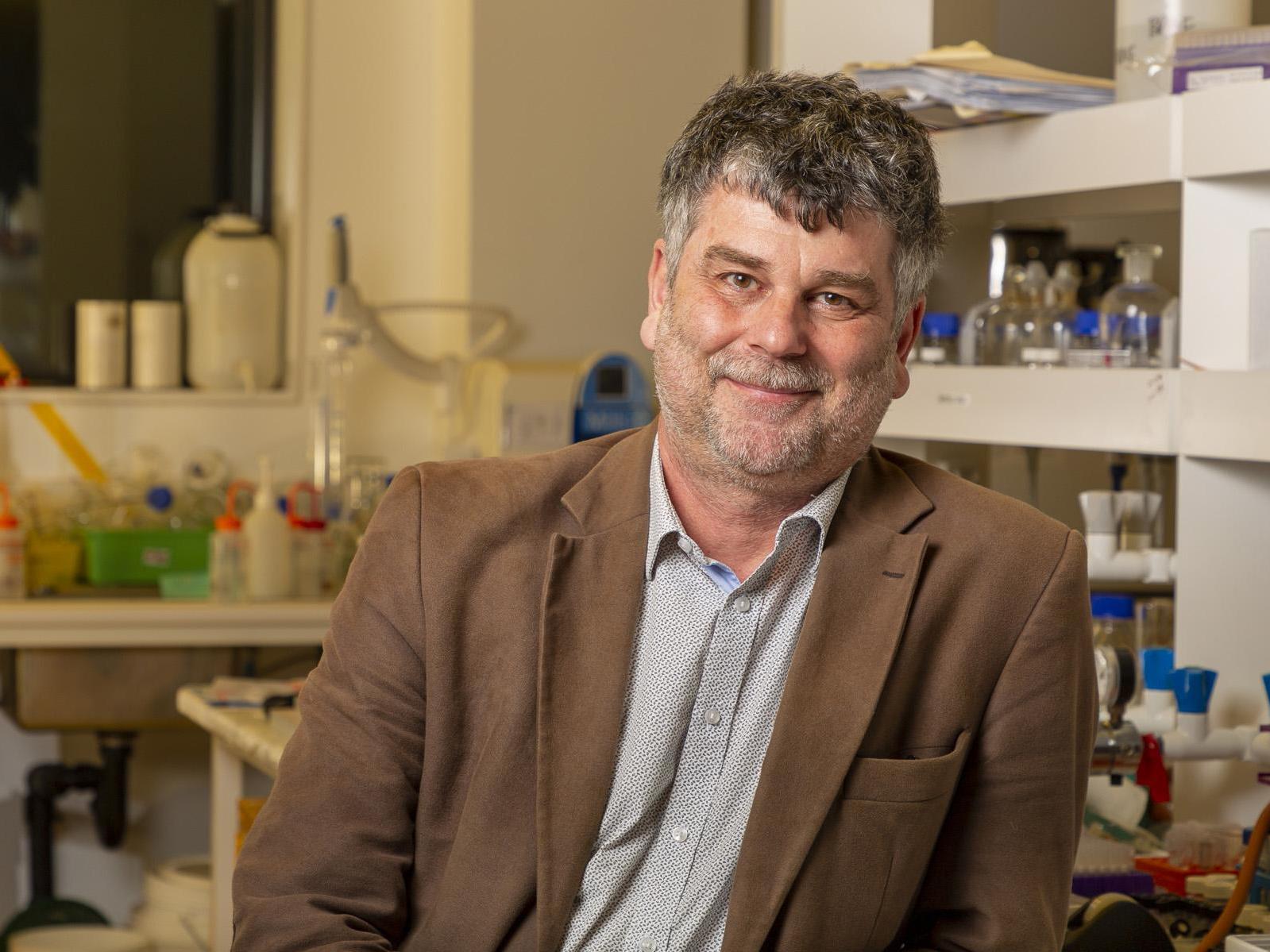Coronavirus: Malaria discovery could be used to develop Covid-19 treatment
‘Very real prospects’ findings in Australian study could be used in fight against Covid

Scientists hope a breakthrough in our understanding of malaria could offer potentially effective treatment for coronavirus and other infectious diseases.
A new study has found that the parasites causing the mosquito-borne infectious disease are heavily dependent on particular enzymes inside a human host’s red blood cells.
Led by experts at Australia’s RMIT University, the research revealed that drugs which deactivate these human enzymes are highly effective in killing the malaria parasite – and represent an alternative to drugs targeting the parasite itself.
The new approach shows so much promise it has received funding from the Australian government for its potential application in the fight against Covid-19.
The RMIT team will now investigate potential drug treatments for coronavirus patients using the same approach, in collaboration with the Melbourne-based Peter Doherty Institute for Infection and Immunity.
The study, published in Nature Communications, outlines a strategy that could save years of drug discovery research and development by repurposing existing treatments designed for other diseases such as cancer.
One the lead authors, RMIT’s Dr Jack Adderley, said the team’s analysis revealed exactly which host cell enzymes were activated during infection by the parasite.
“This approach has the potential to considerably reduce the cost and accelerate the deployment of new and urgently needed antimalarials,” he said.
New funding from the Victoria state government and the Bio Capital Impact Fund will allow the team to look at the approach’s potential application with coronavirus patients.
Royal Melbourne Hospital’s Professor Peter Revill, said the work was truly exciting. “This has proven successful for other human pathogens including malaria and Hepatitis C virus, and there are now very real prospects to use it to discover novel drug targets for Hepatitis B and Covid-19,” he said.
The idea of using the anti-malaria drug hydroxychloroquine to treat coronavirus has proved highly controversial, with Donald Trump recently censored by Twitter for sharing misinformation about the drug.
It has been routinely dismissed as an acceptable treatment, with multiple scientific studies, including ones commissioned by the US National Institutes of Health (NIH) and the World Health Organisation (WHO) suggesting the malaria drug can actually do more harm than good.
Yet the researchers behind a global study into whether hydroxychloroquine can help in the fight against Covid-19 last week warned that drug is being discarded prematurely and could still save lives.
The University of Oxford-led study, known as Copcov, is a global study still aiming to enrol 40,000 healthcare workers to determine if hydroxychloroquine can prevent coronavirus.
The trial’s co-principal investigator Dr Will Schilling said: “We really don’t know if hydroxychloroquine works or not in prevention or very early treatment … The benefits found in small post-exposure treatment trials, although modest, could be very valuable if they were confirmed.”

The RMIT research, however, advocates a new approach to infectious diseases based on targeting host enzyme rather than adopting any existing anti-malaria treatment.
Professor Christian Doerig, senior author of the paper, said he hoped the findings could help tackle the wider issue of drug resistance – one of the biggest challenges in modern healthcare.
“We are at risk of returning to the pre-antibiotic era if we don’t solve this resistance problem, which constitutes a clear and present danger for global public health. We need innovative ways to address this issue,” he said.
Join our commenting forum
Join thought-provoking conversations, follow other Independent readers and see their replies
Comments